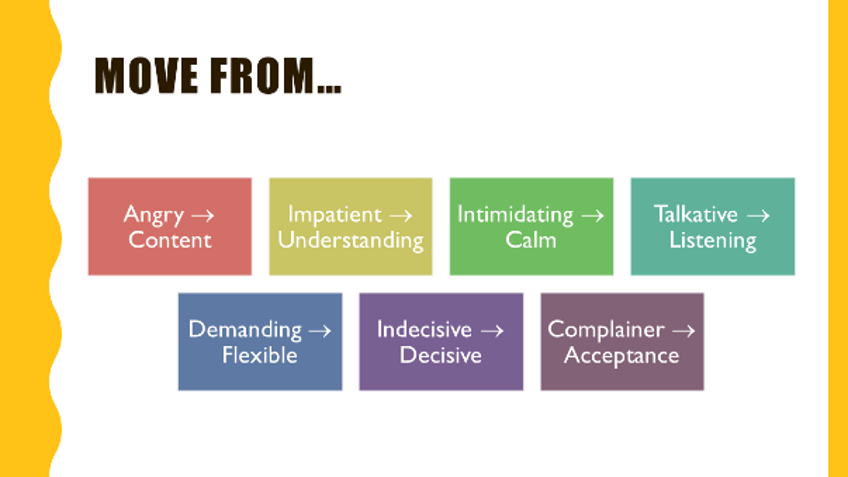The public is used to a certain level of customer service in the private sector. Think Amazon, Hulu, Netflix, etc. If there is a problem, a private company generally will do what they can to improve the customer experience. Governments, including water utilities, must take a holistic approach to providing services that creates a positive customer experience while helping the public understand that the utility understands their community’s needs.
Customer service in the public sector is a difficult task. Water utilities often hold a monopolistic mindset that does not always put customer needs first. But understanding the customers’ needs is beneficial for gaining support for new projects, discussing rate increases, and recruiting new employees.
Developing good customer service practices is a 3-step process:

Utility staff who show understanding, empathy, and sympathy can contribute to a more engaged staff which can contribute to more satisfied customers. Utility staff who appreciate the variety of contributing factors to customer frustration can better manage the events that potentially lead to negative situations. Preventing unpleasant interactions can lead to fewer intense situations and a more positive customer opinion of the community’s government as a whole.
Using specific language to diffuse heated conversations can make utility staff more cognizant of how emotion drives a customer’s message. Utility staff’s use of calm language can transition a difficult situation into a manageable encounter. A primary goal of customer engagement is to create pathways that angry, demanding, or impatient customers can use to become content, flexible, and understanding customers.

Small communities have unique challenges regarding customer service. Personal and professional boundaries can be blurred in small towns. Those complications can have direct impacts on how the community views their government and its utilities. For example, if a customer is trying to give their water payment to the utility clerk while at the grocery store, the clerk is encouraged to explain that payments can be made during business hours at city hall.
How does your water utility engage in customer service? How can your staff learn to prevent, mitigate, and manage negative situations? It is a process that takes time to learn. Utilities must practice, fail, and try again to learn which customer service tactics works best for their community. There are a variety of tools and resources to help your utility begin the better customer service journey.
For information about a free in-person, virtual or webinar-style customer service training for your utility contact Michelle DeHaven, michelle.dehaven@wichita.edu.



